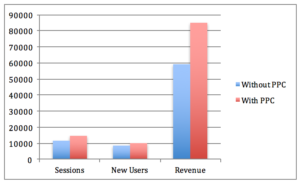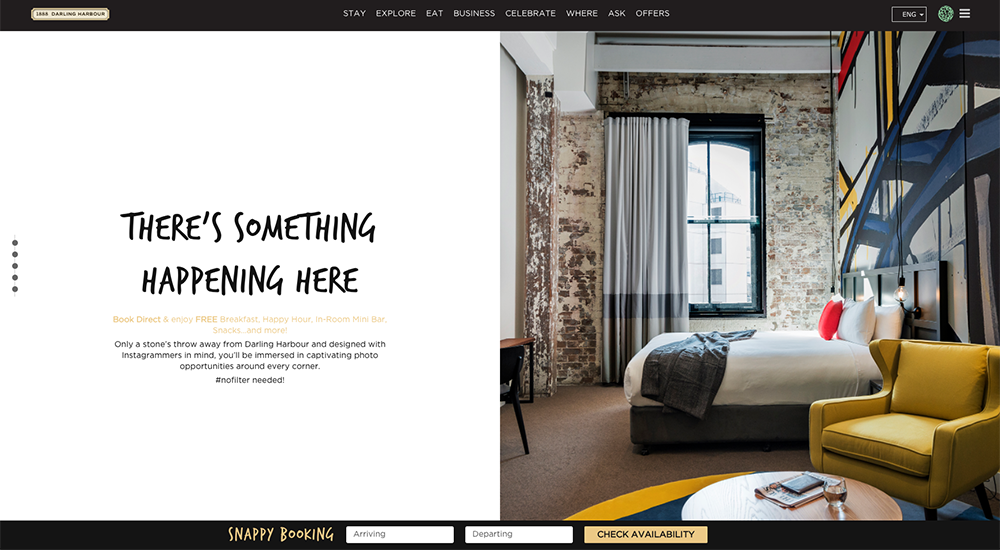How Hotels Can Best Fight Against OTAs with Paid Search Marketing
Coming out of the pandemic, many hotels are seeing a huge surge in demand, booking and travel interest to their markets. This can be a great thing for many properties that experienced difficulties during the pandemic. However, hotels should be very cautious about how they are acquiring guests and at what cost. Many hotel’s marketing efforts and general customer acquisition were disrupted during the pandemic. Having better control on direct bookings while lowering the cost-per-acquisition for your hotel is going to become very important as demand and markets start to get back to a new normal.
From March through May of 2020 all but a few of our partner hotels discontinued their marketing. This made sense as many hotels were completely shut down, travel was restricted, and demand was at historic lows. As the world began opening, depending on the market, some hotels started to advertise again. But it was difficult to gauge demand, cancellations were regular and spending money on acquiring guests that might not actually stay in the hotel was a difficult decision for many hotels. A worthwhile strategy for many hotels was to decrease their upfront marketing costs while increasing their contribution of bookings from OTAs. This helped mitigate some of the issues with cancellations and with decreased demand, paying commissions on booked rooms helped some hotels stay afloat without having the upfront costs of marketing.
Thankfully, it seems that we are past the worst of the pandemic. Many areas are lifting restrictions, domestic travel is seeing some all-time highs and people are looking to make up for vacations lost to quarantines. So, what about hotel’s that were attaining more guests through OTAs, should they continue that strategy?
Should Your Hotel Continue To Get Guests Through OTAs?
This is a question one of our partner hotels had. This hotel was in a destination market that was incredibly limited due to the pandemic and did not allow normal capacity until May of 2021. During the worst of the shut-downs, they relied heavily on OTA contributions to make up for a lack of demand that impacted their ability to advertise for their hotel. In coming out of the pandemic, they evaluated the costs between running Paid Search Marketing with GCommerce vs paying commissions to OTAs. Their findings are based on a few assumptions:
- We know that we bid for pay-per-click (PPC) against the OTAs for our name on Google.
- We can take the Room Nights (RNs) and Revenue from Jan. 2020 and deduct the commission at the approximate commission rate to see how much OTA commission the hotel might pay.
- We can then assume different percentages of sales that might come from PPC. If 20% of the sales are derived from the OTAs display of our name on Google, then paying $1,000 per month to GCommerce for the PPC Marketing is much more profitable for this hotel than paying commissions.
- Even if we were to assume only 5% of OTA sales are derived from PPC, the hotel would still come out ahead by several hundred dollars:

Save Thousands of Dollars per Month with Paid Search Marketing for Hotels
As you can see above, this hotel is likely saving thousands of dollars each month by advertising on Paid Search Marketing. With a budget of less than $1,000 per month, GCommerce Solutions can capture a significant share of the Impressions for this hotel’s brand terms. That drives thousands of clicks directly to the website instead of to an OTA. By capturing just 1/5th of the people that were previously booking through an OTA, this hotel could be saving over $6,000 each month. That is budget that could go towards other initiatives for the hotel rather than in commissions to an OTA, not to mention all of the other benefits that come with someone booking direct (loyalty, membership programs, email/1st party data, etc.)
How Can Your Hotel Calculate If Paid Search Is A Better Return Than OTA Commissions?
By using this methodology, your hotel can take a sampling of room nights and revenue and then use the commission from OTAs to calculate how much that fee would be. Download our free template above and simply input:
- Room Nights into cells C5 and C7
- Revenue into cells D5 and D7
- OTA Commission into C2
- PPC Budget into F2
The Savings calculated in F9 will be your hotel’s monthly savings by getting direct bookings from Paid Search rather than from OTA contributions.
Contact GCommerce Solutions Today To Lower Your Hotel’s Cost-per-Acquisition
If you’re ready to start running paid search marketing for your hotel in order to lower your cost-per-acquisition and take back commissions currently being paid to OTAs, contact us today!









